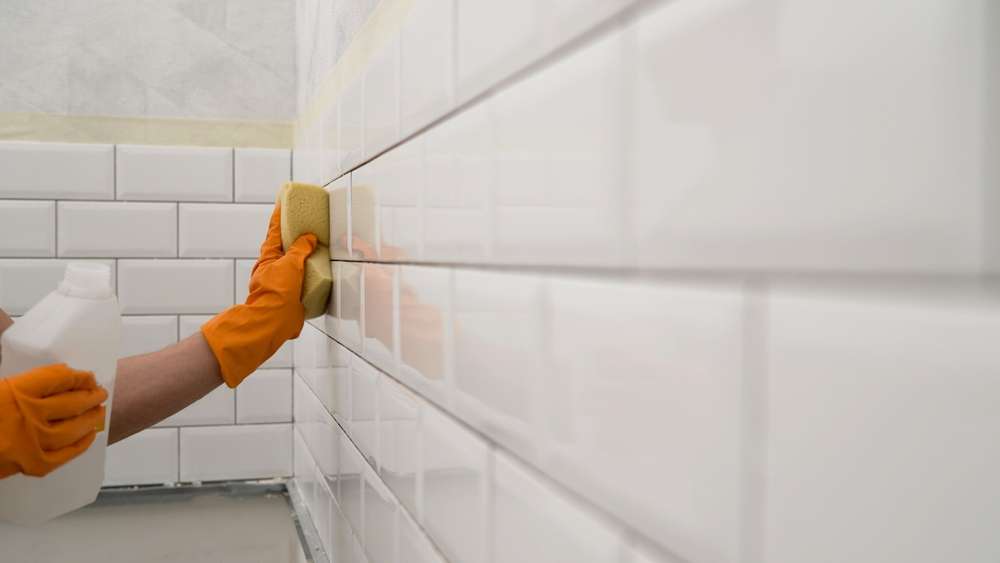Pest Control: Protecting Your Home from Unwanted Insects and Critters
Maintaining a pest-free environment is crucial for the comfort and safety of any home or building. Pest control involves the management and elimination of unwanted insects and animals that can cause damage to structures, spread diseases, or simply create nuisances. From common household insects to more persistent rodents, effective pest control strategies are essential for preserving the integrity of your living space and ensuring a healthy environment for you and your family.

-
Cockroaches: Notorious for their resilience and ability to spread quickly, cockroaches can contaminate food and trigger allergies.
-
Rodents: Mice and rats not only cause structural damage but also pose health risks through their droppings and potential disease transmission.
-
Termites: Silent destroyers, termites can cause extensive damage to wooden structures if left unchecked.
-
Bed bugs: These nocturnal pests feed on human blood and can quickly infest bedding, furniture, and clothing.
Understanding the types of pests common to your area is the first step in developing an effective pest control strategy for your home or building.
How can I prevent pests from entering my home?
Prevention is key when it comes to pest control. By taking proactive measures, you can significantly reduce the likelihood of pest infestations in your house:
-
Seal entry points: Inspect your home’s exterior for cracks, gaps, or holes and seal them with appropriate materials to prevent pests from entering.
-
Maintain cleanliness: Regular cleaning, especially in kitchens and bathrooms, eliminates food sources and hiding spots for pests.
-
Proper food storage: Store food in airtight containers and promptly clean up spills to avoid attracting insects and rodents.
-
Reduce moisture: Fix leaks, improve ventilation, and address any standing water issues to discourage pests that thrive in damp environments.
-
Landscape maintenance: Keep your yard tidy by trimming vegetation away from your home’s exterior and removing debris that could harbor pests.
By implementing these preventive measures, you can create a less hospitable environment for pests and reduce the need for more intensive control methods.
What are some effective DIY pest control methods?
While professional pest control services are often necessary for severe infestations, there are several do-it-yourself methods that can be effective for minor pest problems:
-
Natural repellents: Use essential oils like peppermint, lavender, or citronella to deter certain insects.
-
Diatomaceous earth: This natural powder can be sprinkled in areas where insects travel, causing dehydration and death.
-
Sticky traps: These can be effective for catching crawling insects and monitoring pest activity.
-
Boric acid: When used carefully, boric acid can be an effective treatment for cockroaches and ants.
-
Vinegar solutions: A mixture of water and vinegar can deter some pests and clean up their trails.
It’s important to note that while these DIY methods can be helpful, they may not be sufficient for larger or more persistent infestations. In such cases, professional intervention may be necessary.
When should I call a professional pest control service?
While DIY methods can be effective for minor pest issues, there are situations where professional pest control services become necessary:
-
Persistent infestations: If you’ve tried DIY methods without success, it may be time to call in the experts.
-
Large-scale problems: Extensive infestations, particularly of termites or bed bugs, often require professional treatment.
-
Health risks: Pests that pose significant health risks, such as rodents or certain types of insects, may warrant immediate professional attention.
-
Preventive maintenance: Regular professional inspections and treatments can prevent pest problems before they start.
-
Specialized treatments: Some pests require specific expertise and equipment that only professionals possess.
Professional pest control services can provide targeted solutions, using safe and effective methods to address your specific pest problems while minimizing risks to your family and pets.
What should I expect from a professional pest control service?
When hiring a professional pest control service, you can expect a comprehensive approach to managing your pest problems:
-
Inspection: A thorough assessment of your property to identify pest entry points, nesting areas, and the extent of the infestation.
-
Customized plan: Development of a tailored treatment plan based on the type of pests and the severity of the problem.
-
Treatment application: Use of appropriate pesticides, baits, or traps to eliminate the current infestation.
-
Preventive measures: Recommendations and implementations of strategies to prevent future pest problems.
-
Follow-up visits: Scheduled return visits to ensure the effectiveness of the treatment and address any ongoing concerns.
Professional pest control services offer the expertise and resources necessary to effectively manage pest problems, providing peace of mind and long-term protection for your home or building.
In conclusion, effective pest control is essential for maintaining a healthy, comfortable living environment. By understanding common pests, implementing preventive measures, and knowing when to seek professional help, you can protect your home from unwanted insects and critters. Whether through DIY methods or professional services, taking action against pests is an important aspect of home maintenance that contributes to the overall well-being of your living space.






